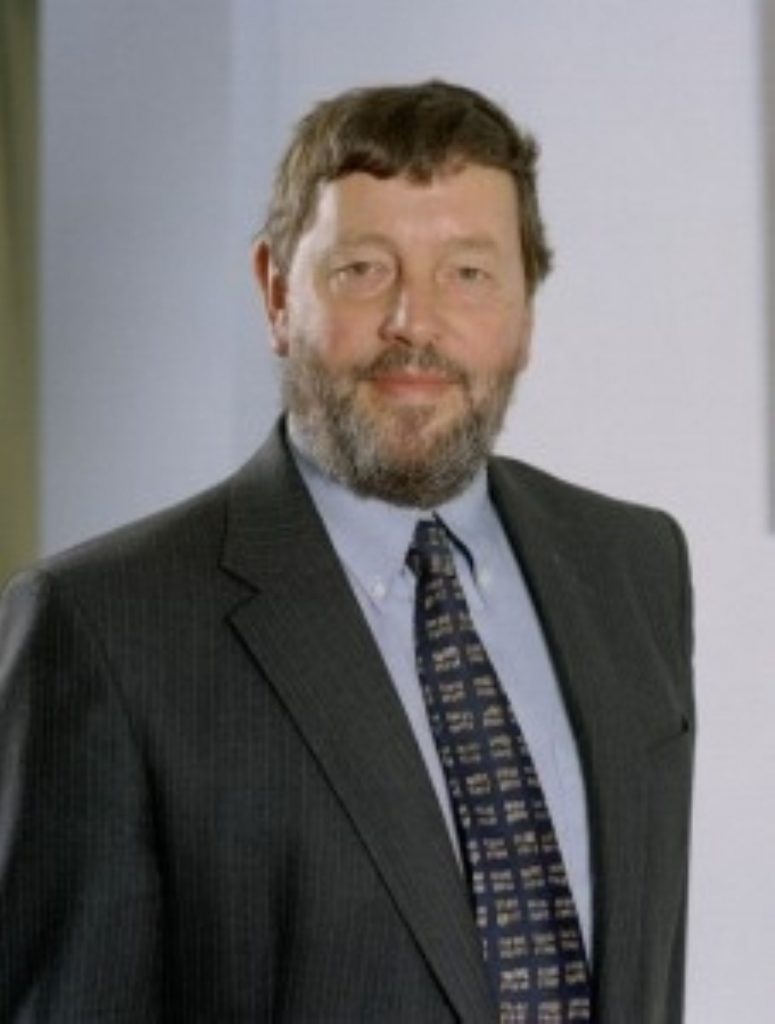Blunkett promotes tagging extension
Speaking on Friday morning he suggested that sex offenders given community service could be tagged.
In addition sex offenders released from prison could be given lie detector tests to check whether they are sticking to the terms of their release, for example not approaching schools.
The projects have already been trialled in the north east of England where they are believed to have produced promising results.
David Blunkett told the BBC this morning that: “I think that satellite tracking as part of the new supervision procedures that we laid out in a criminal justice and sentencing act would be a great safeguard, not just for sex offenders, but for those repeat and prolific offenders who make our lives a misery where serious crime is being committed.”


“We can use imaginative electronic means that didn’t exist before. We can try lie detectors in terms of the monitoring of sex offenders and we can link that with bringing together the sex offenders register and the violent offenders register so that we have a national computer database and we can track those as well.”
“I don’t think any of these things are a panacea. I think they are tools in the tool kit of being able to deal with very dangerous offenders who have been released from prison.”
The Offender’s Tag Association welcomed the expansion of satellite tracking saying the use of such technology could be “a massive breakthrough”.
Director Tom Stacey said: “It is an absolutely major advance … We’re very much in favour of this move.”
Mark Oaten, the Liberal Democrats home affairs spokesman also backed the proposal, saying: “We support the use of tagging and satellite tracking as a sensible use of technology which will reassure the public.
Mr Oaten though expressed concerns about the use of lie detectors, saying: “The use of lie detectors is more problematic, and the Liberal Democrats will need further convincing that the technology is safe and reliable.”
Results from lie detectors are currently inadmissible in British courts due to doubts about their reliability.












